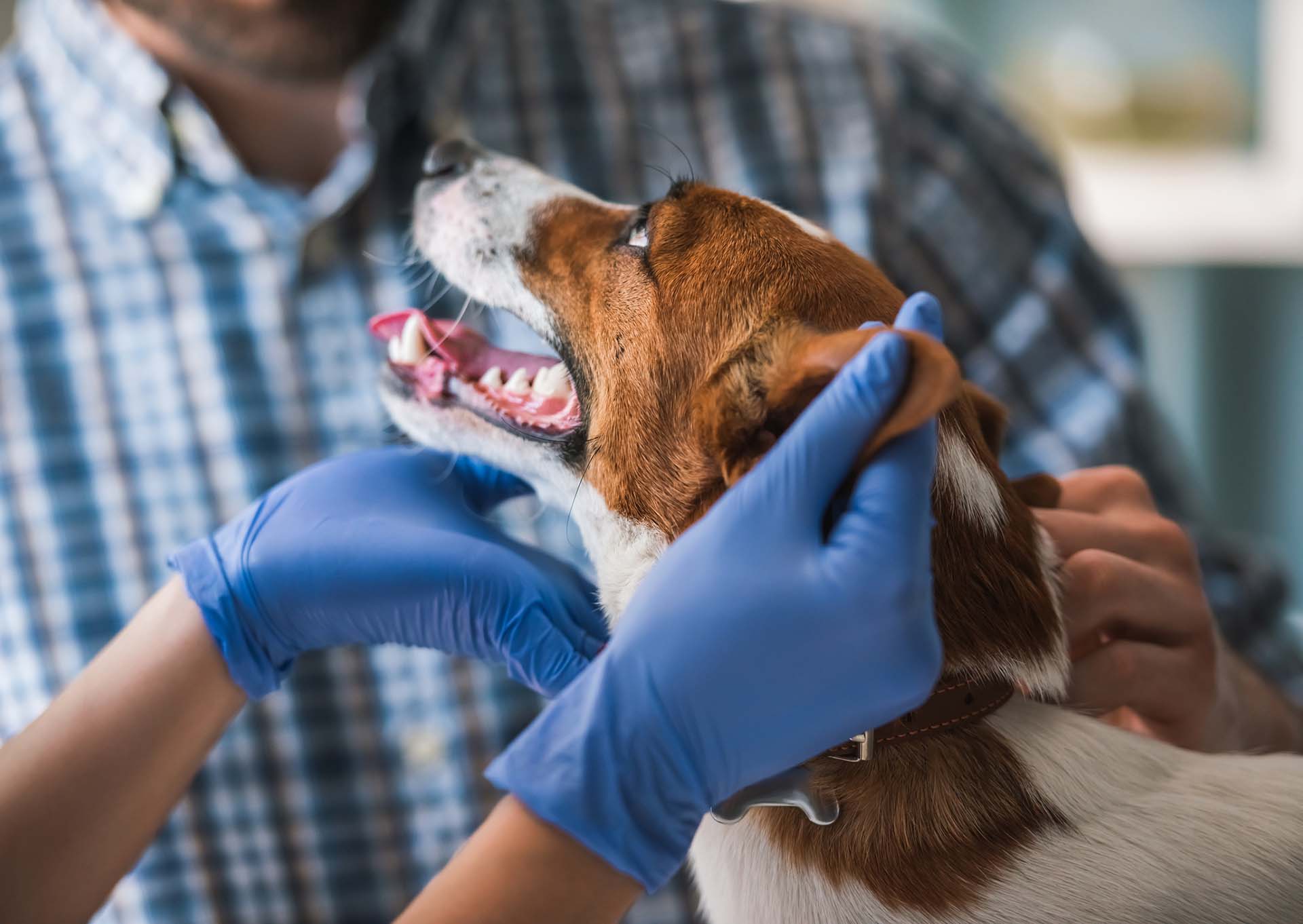If livestock or pets appear to be sick, owners should immediately seek veterinary care and advice before doing anything else.
AAFCO and its members as feed control officials are not practicing veterinarians and we do not provide veterinary medical advice or recommendations of any type.
After an animal has received treatment, the owner may wish to file a complaint if they suspect that feed or an ingredient has negatively affected the animals health or was otherwise adulterated or misbranded. Owners may also choose to file a complaint if they suspect handling a pet food product has hurt a human’s health.
The effectiveness of a complaint is directly related to documentation of evidence supporting the complaint and proper complaint processing, and can help regulating authorities’ find problems they wouldn’t have found otherwise and can prevent other pets and owners from becoming affected.
Where to File Complaints
To file a complaint, a person should contact the FDA or the state feed control program in which the animal and/or owner reside.
Due to the pet food manufacturing and distribution processes, the FDA’s interstate authority usually covers a commercial feed or pet food. State feed control programs, usually administered under a state’s department of agriculture, specifically address animal feed and pet foods distributed within their borders.
Steps to Take
- Gather materials and information.
The FDA or state feed control officials will want specific information for their investigations. They will probably need specific information about:- The Food
- Type (dry, canned or frozen)
- Brand name
- Specified variety (such as “puppy formula” or “chicken recipe”)
- Size of the package
- Manufacturer
- Best-by date
- Any other production codes stamped on the label
- Retailer it was bought from
- Appearance (such as foul odor or visible mold)
- Container condition (signs of damage) (It is best if you can still access the original product and container.)
- The Animal
- Age, breed and sex
- Medical conditions and medications
- Housed indoors or outdoors
- Normal diet, including treats and supplements
- Other pets and whether they seem to be affected
- The Problem
- First signs of a problem
- Symptoms
- When problems began in relation to last feeding of suspect product
- Owner response/veterinary treatment
- The Food
- Contact the FDA or State Feed Program
The FDA Office of Inspections and Investigations is responsible for inspections and investigations at manufacturers, distributors, and warehouses. The FDA Center for Veterinary Medicine receives consumer complaints related to animal foods. See how to report at the tiles below.
Individual states each have separate budgets, unique priorities and capabilities and varying ability to investigate pet food complaints. Some states have very good pet food programs and, in many cases, can respond much more quickly than an FDA office.
Other Approaches
Contacting the store where the product was bought and the guarantor could help pet owners glean information, especially if other customers have had similar experiences.
The guarantor, as the responsible party for the food, has a vested concern in protecting their interests. If by chance the guarantor requested to be sent the product, documentation and container, the pet owner may be giving up evidence useful to a regulator in determining if the problem is related to pet food.


